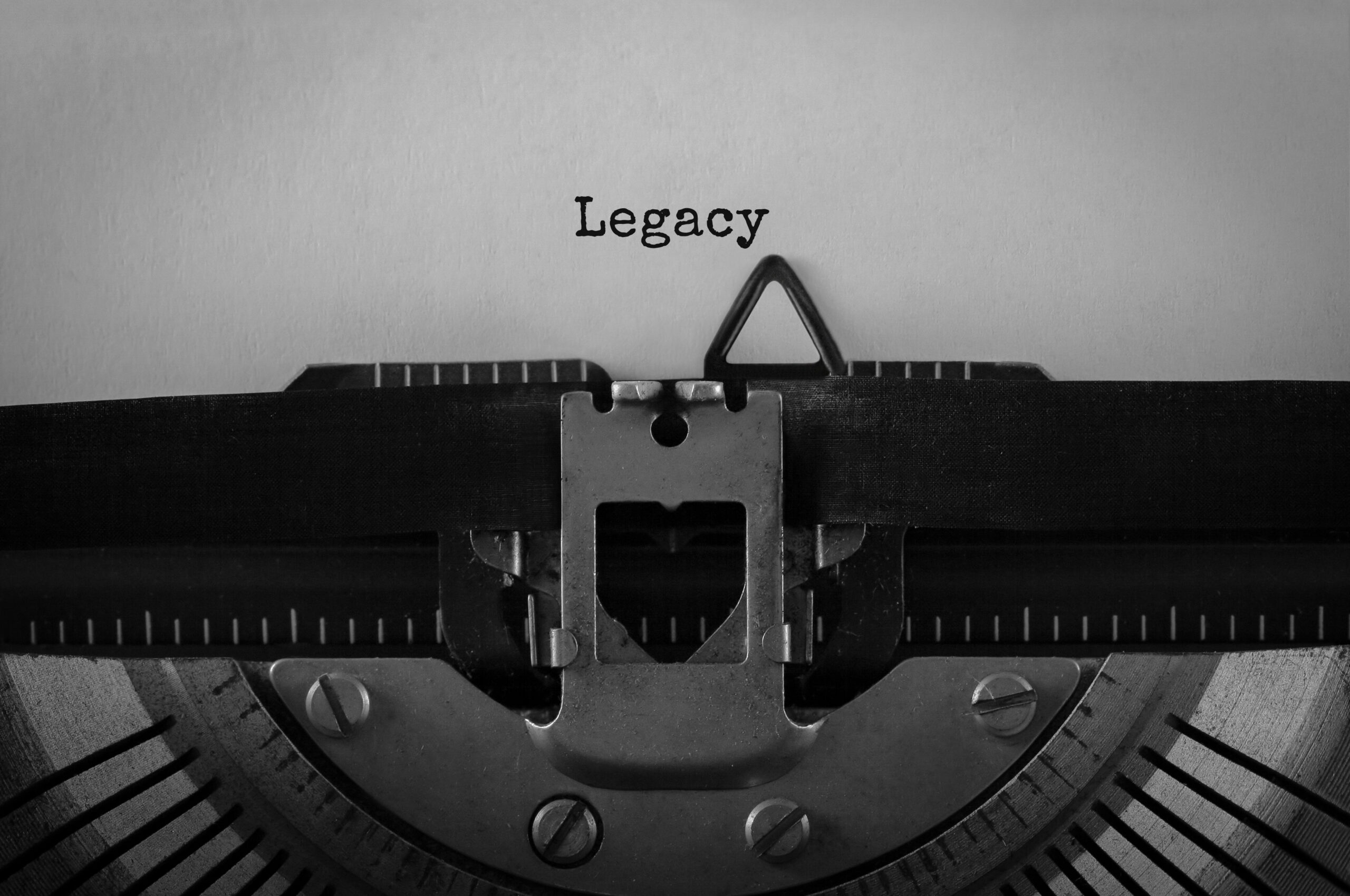The Power of Grit: How Leaders and Coaches Foster Resilience and Success
March 13, 2024
Blog
Related Posts

The Delicate Balance: Accountability and Positivity in Youth Sports Coaching
In the realm of youth sports, coaches play a pivotal role not just in nurturing athletic skills but also in…

The Power of Today: Shaping Your Legacy through Purposeful Action
In the hustle and bustle of our daily lives, it’s easy to get caught up in the immediate tasks at…